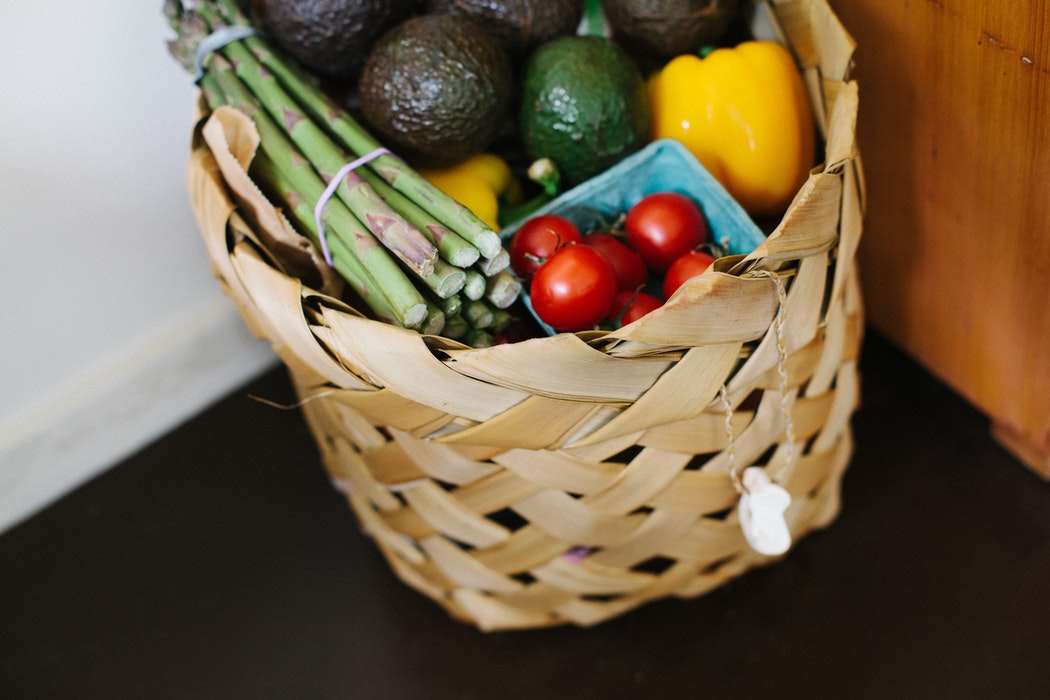While German retailers are still moaning about the seemingly overwhelming competition from the Internet, a new revolution is already starting in the non-European food trade: driverless supermarkets, which deliver their goods directly to the customer at the push of a button.
Unflexible opening hours, long queues at the cash registers or out of print items? These were all foreign words for the city dwellers of Shanghai, who were allowed to test the so-called “Moby Mart” in the summer of 2017. It is a solar-powered, autonomous delivery van, which was traveling for a year in the Chinese metropolis. The rolling supermarket could be piloted by app on a parking lot to shop there – around the clock.
Because of the booking, the opening of the shop doors to payment in Moby Mart everything is handled by smartphone. Artificial intelligence monitors the inventory in the mini-market and sends it to the warehouse for replenishment. You are looking for human resources here in vain.
Behind the project is the Swedish startup Wheelys, which also earns its money with individually configurable mini-café bicycles. The Swedish portfolio now includes three different autonomous food shops that could turn the market upside down.
However, Wheelys does not have the exclusive idea of bringing the customer not to the goods but autonomously directly to the customer. In Boston, the US food chain Stop & Shop launches a test run with autonomous delivery vans in cooperation with startup Robomart. The California start-up has developed a fully electric and self-propelled supermarket on wheels.
“For decades, consumers had the opportunity to see their local greengrocer and milkman come from door to door. We believe that by using driverless technology, we can restore that level of comfort and accessibility, “said Ali Ahmed, one of Robomart’s founders.
Will business models with autonomous food suppliers soon become self-fulfilling in Germany as well? Rather unlikely. According to a study by the management consultancy PriccewaterhouseCoopers (PwC), the classic online purchase of food in this country is only moderately widespread at 40 percent in a global comparison. In China, 88 percent more than twice as many receive fresh goods via digital channels.

